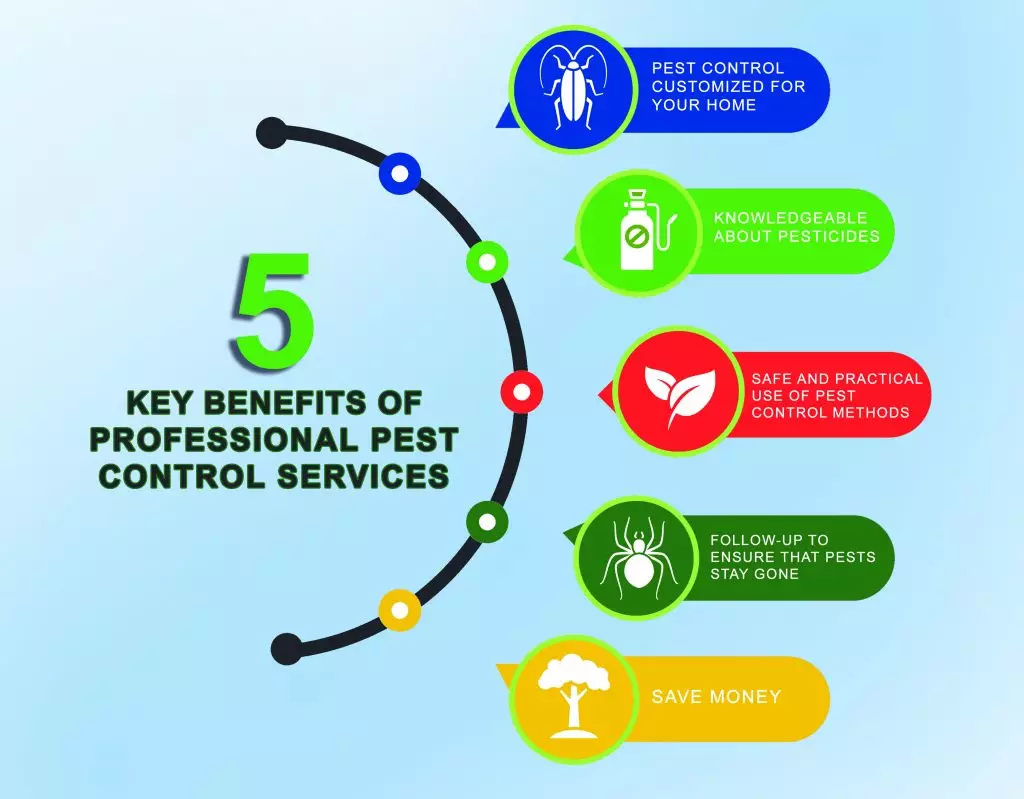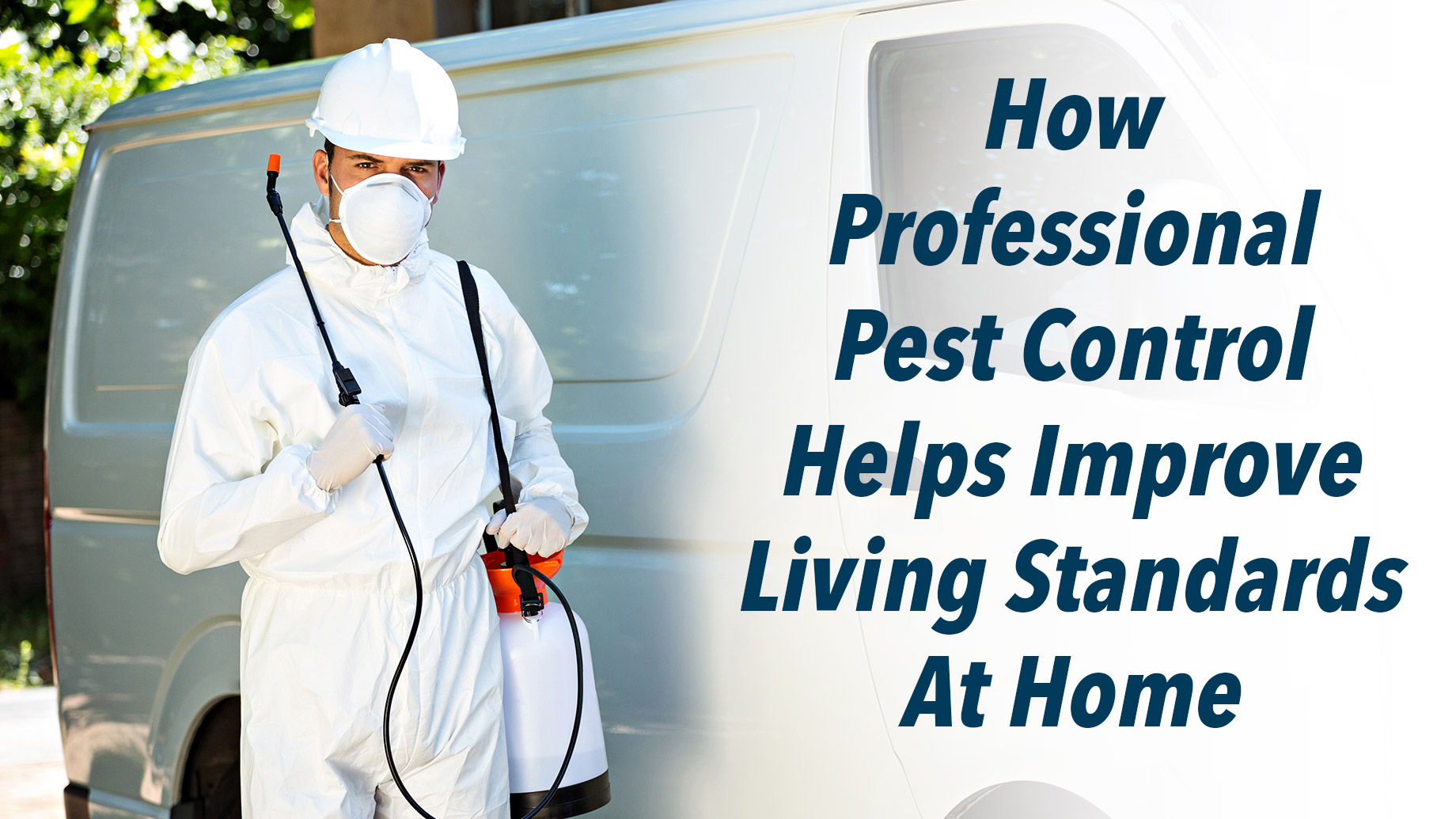Comprehensive Pest Control Clovis Solutions for Every Need
Comprehensive Pest Control Clovis Solutions for Every Need
Blog Article
Comprehending the Numerous Methods to Parasite Control: A Comprehensive Guide

All-natural Pest Control Approaches
Using environmentally friendly techniques such as buddy planting and biological pest control is essential for effectively managing pests in farming setups. Buddy planting includes growing various plants in distance to deter pests, enhance nutrient uptake, and improve overall plant wellness.
Organic bug control involves presenting natural killers or microorganisms to regulate pest populations. Ladybugs, for instance, eat aphids, managing their numbers without the demand for chemical pesticides. One more instance is the use of Bacillus thuringiensis (Bt), a microorganism that targets certain insect pests while being safe to humans, pets, and valuable bugs.
These environment-friendly techniques not just minimize the reliance on artificial pesticides however likewise assist preserve biodiversity and dirt health. By incorporating all-natural parasite control methods into agricultural practices, farmers can achieve lasting bug management while minimizing negative influences on the atmosphere.

Chemical Bug Control Solutions
In addition to natural pest control techniques, the application of chemical bug control services plays a significant duty in efficiently taking care of pest populaces in farming environments. Chemical insect control services are developed to target certain parasites that might cause comprehensive damage to crops. These options usually contain synthetic pesticides that are designed to eliminate bugs promptly and successfully.
Among the vital benefits of chemical parasite control solutions is their effectiveness in controlling pest infestations on a large scale. Farmers can apply these solutions using various methods such as splashing, airing out, or seed treatment to safeguard their crops from hazardous insects, weeds, and conditions. Additionally, chemical pest control solutions are reasonably very easy to use and can supply fast results, aiding farmers secure their yields and minimize economic losses.
However, it is necessary to make use of chemical bug control services sensibly to reduce potential negative effect on the atmosphere, non-target organisms, and human wellness. Correct application methods, adherence to security guidelines, and normal tracking are essential to guarantee the responsible usage of chemical bug control solutions in farming practices.
Organic Insect Control Approaches
Organic pest control approaches leverage natural predators or microorganisms to handle bug populaces in farming setups properly. One usual organic control strategy is the intro of all-natural adversaries, such as ladybugs or parasitical wasps, to target specific pests.
An additional organic control technique involves making use of microorganisms like fungi, germs, or infections to contaminate and kill parasites. In general, organic insect control strategies provide a lasting and targeted service to pest monitoring in agriculture.
Integrated Parasite Management (IPM)
Integrated Parasite Management (IPM) is a thorough method that incorporates various insect control approaches to efficiently take care of and minimize pest populations in agricultural systems. IPM concentrates on long-term prevention of bugs via a combination of biological, social, physical, and chemical control methods. By integrating these different strategies, IPM intends to reduce reliance on chemical pesticides, decrease ecological effect, and advertise sustainable bug administration practices.
One secret element of IPM is the usage of organic controls such as all-natural killers, bloodsuckers, and microorganisms to manage pest populations. This method takes advantage of the power of nature to keep an equilibrium in between pests and their natural enemies without causing harm to the atmosphere.
Furthermore, IPM includes social methods like plant habitat, rotation, and sanitation adjustment to develop negative problems for bugs and disrupt their life cycles. Physical controls such as mulches, obstacles, and catches are likewise used to avoid visit insect infestations.
Mechanical and Physical Pest Control Techniques
Utilizing non-chemical approaches, about his such as physical and mechanical bug control methods, is a crucial facet of detailed bug management strategies, building on the foundation of Integrated Insect Management's all natural technique. Mechanical insect control involves using physical barriers or traps to stop bugs from accessing and harming crops or frameworks. This approach can include techniques like installing displays on windows, utilizing row covers in agriculture, or using sticky catches to catch pests.
Physical insect control approaches, on the other hand, focus on straight eliminating parasites with physical ways. For example, utilizing heat therapies to eradicate bed insects or vacuuming up pests like crawlers or ants can be efficient means to handle infestations without using chemicals. By integrating these mechanical and physical bug control strategies into an Integrated Bug Management plan, experts and people can reduce reliance on chemicals while still effectively handling pest populaces and reducing damage.
Final Thought
In addition to all-natural pest control approaches, the use of chemical pest control remedies plays a considerable role in properly handling pest populaces in agricultural settings.One of the crucial advantages of chemical bug control solutions is their performance important source in controlling parasite infestations on a huge scale.Integrated Parasite Management (IPM) is a thorough method that incorporates various bug control strategies to successfully manage and lessen pest populaces in agricultural systems.Using non-chemical approaches, such as mechanical and physical parasite control techniques, is a critical aspect of detailed parasite management methods, constructing upon the foundation of Integrated Bug Monitoring's holistic method. By including these mechanical and physical insect control methods right into an Integrated Pest Management plan, people and specialists can decrease dependence on chemicals while still effectively minimizing and managing pest populations damages.
Report this page